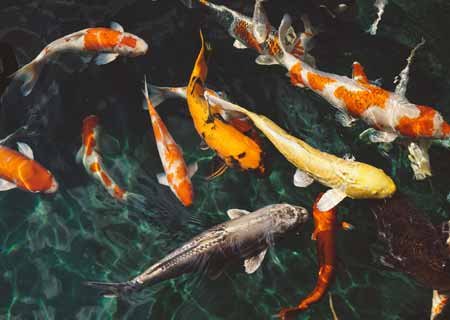Ozone in Aquaculture

Benefits
-
Removal of fine and colloidal solids
-
Removal of dissolved organic compounds
-
Removal of Nitrite
-
Disinfects the water
-
Reduction of Waterborne Diseases
Ozone (O3) is a very effective disinfection agent and can be used in aquaculture / fish farming to replace chlorine and bromine containing disinfection chemicals. The advantages of using ozone compared to the other water treatment agents is the fact that the water environment will increase dramatically. The use of ozone prevents the formation of chlorine or bromine containing byproduct, like chloramines and trihalomethanes. Ozone will even breakdown already formed unwanted chlorinated byproduct.
Fish farming involves culturing of fish commercially in tanks or enclosures, usually for food. Fish hatcheries & fish farms play an ever increasing role in supplying the world's demand for fish. To effectively supply this demand, fish farms must practice intensive farming techniques where more and more fishes are farmed in the same or smaller tank volumes. Of course, as the fish density grows does the risk of infection by water-borne bacteria and viruses.
Because of these problems, some aquaculture operators frequently use strong antibiotic drugs to keep the fish alive (but many fish still die prematurely at rates of up to 30 percent) In some cases, these drugs have entered the environment.
Additionally, the residual presence of these drugs in human food products has become controversial. However, most fish farming operations still use antibiotics, many of which considered to be serious problem to human health and for fish farming. Ozone is the ideal disinfectant for aquaculture to kill bacteria and viruses without leaving any residue


